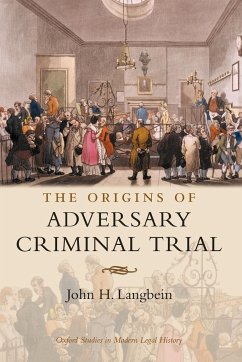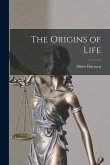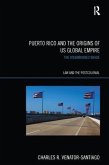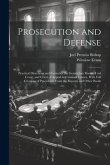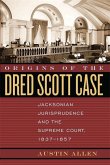By restricting counsel to the work of examining and cross-examining witnesses, the judges intended that the accused would still need to respond in person to the charges against him. Professor Langbein shows how counsel manipulated the dynamics of adversary procedure to defeat the judges design, ultimately silencing the accused and transforming the very purpose of the criminal trial. Trial ceased to be an opportunity for the accused to speak, and instead became an occasion for defense counsel to test the prosecution case.
The lawyer-dominated adversary system of criminal trial, which now typifies practice in Anglo-American legal systems, developed in England in the eighteenth century. Using hitherto unexplored sources from London's Old Bailey Court, Professor Langbein shows how and why lawyers were able to capture the trial, and he supplies a path-breaking account of the formation of the law of criminal evidence.
The lawyer-dominated adversary system of criminal trial, which now typifies practice in Anglo-American legal systems, developed in England in the eighteenth century. Using hitherto unexplored sources from London's Old Bailey Court, Professor Langbein shows how and why lawyers were able to capture the trial, and he supplies a path-breaking account of the formation of the law of criminal evidence.

